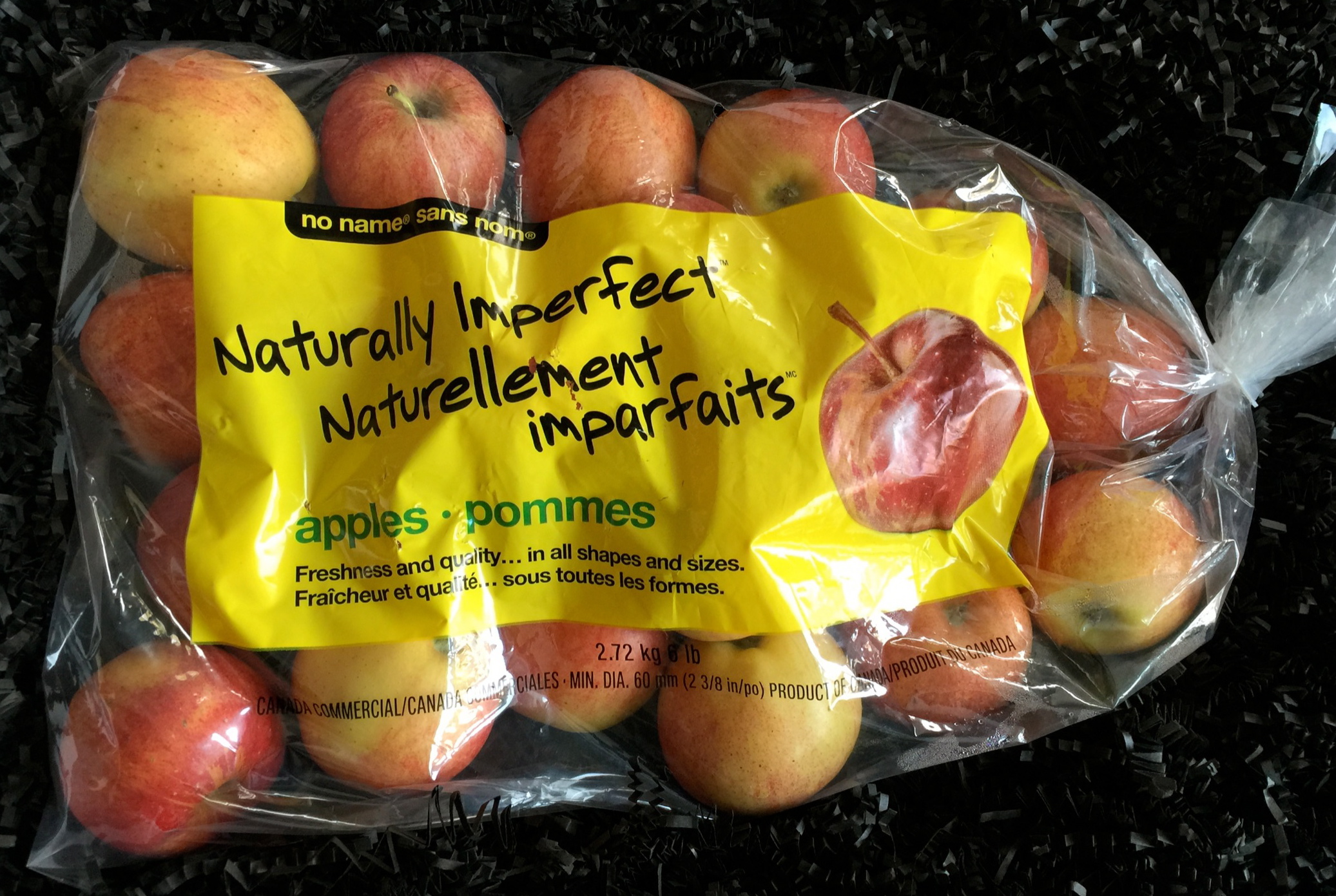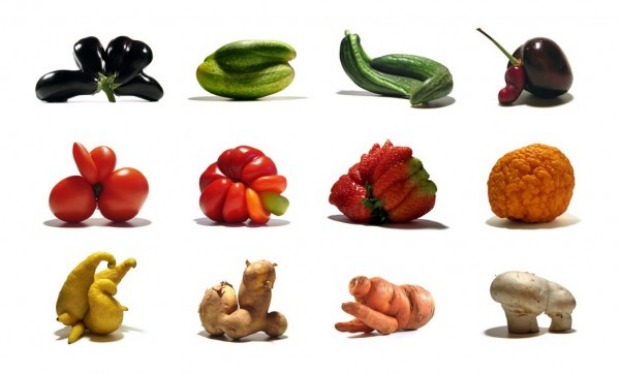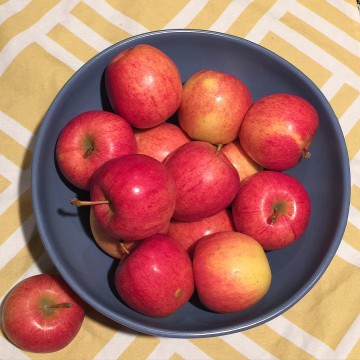A bag of “Naturally Imperfect” apples arrived at my door which prompted an interesting discussion within our family. What does perfect mean to you? We live in a society where we want everything to be perfect. But as we’re all learning and understanding the value of perfection, there are pros and cons. Yes, we want to have everything perfect for a dinner party. Yes, we want our hair and make-up to be perfect. And yes, even on social media networks like Instagram, we want to put out the perfect picture.
On the flip side many of us are starting to understand that there’s a price to perfection. Where it matters in some cases, it’s not really that important in others. So, is it time to readjust our perception of perfection?
We’re noticing it in magazines where even supermodels are no longer the stereotypical glamazons with milky white skin and blemish free faces. Today, we’re seeing women with skin pigmentation discolouration and women who are not just size 0 in fashion magazines. Canadian model Chantelle Brown-Young is one of the most sought after in the business after being discovered by Tyra Banks and appearing on a season of America’s Next Top Model. Brown-Young’s vitiligo isn’t stopping her. Good! Because, as we know, and as we try and instil in our daughters and sons, is that we’re all perfect creations no matter what.
But back to the apples and what it means when food is naturally imperfect. About a year ago I saw the documentary Just Eat It: A Food Waste Story. It’s about how much food is wasted in first world countries. I had no idea and it truly opened my eyes.
So, what makes a food item deemed “perfect” to make it onto the shelves at our grocers? And how much of it is wasted because it’s deemed not perfect? I was shocked to learn in this documentary that 40% of everything raised or grown is not eaten. The film makers embarked on a mission to find out how much of that was still good for consumption. Definitely food for thought.
That’s why I can totally get behind this new line of fruits and vegetables that are now available in stores. The price points are lower than the “perfect” produce but I’m happy to see that the farmers and producers are not seeing the fruits of their labour go to waste anymore. Look for no name Naturally Imperfect options at your local Real Canadian Superstore or no frills locations.
If you can catch the documentary, definitely see it! Here’s the trailer…



Leave a Reply